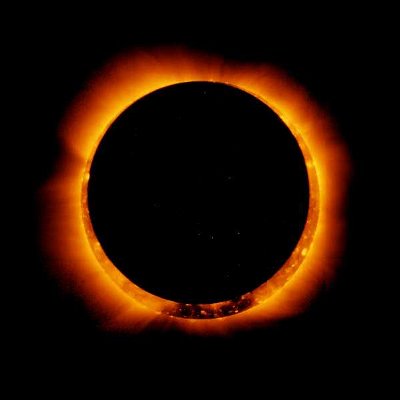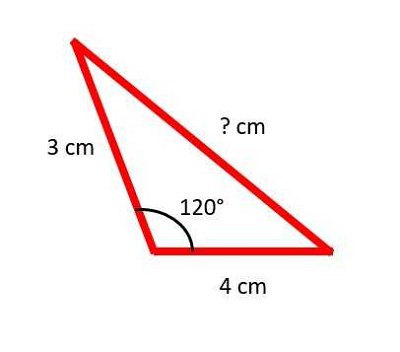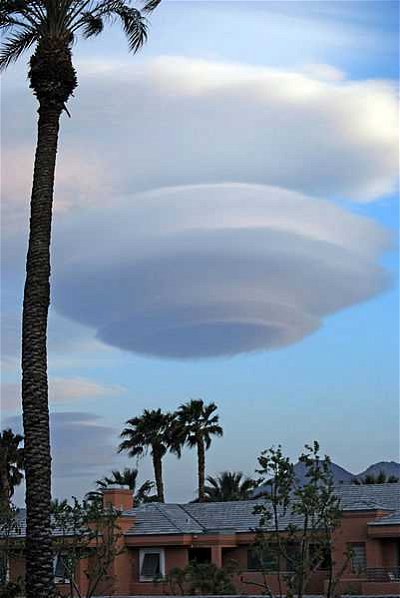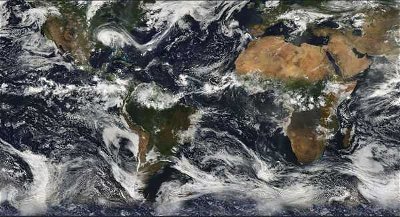Biology is the study of living things and why and how they do the things that they do. This quiz is a brief look at the things that make living things... living things.
Very Easy, 10 Qns, pollucci19,
May 25 24
Recommended for grades: 8,9,10,11
Category:
Biology for Kids









 Quick Question
Quick Question







